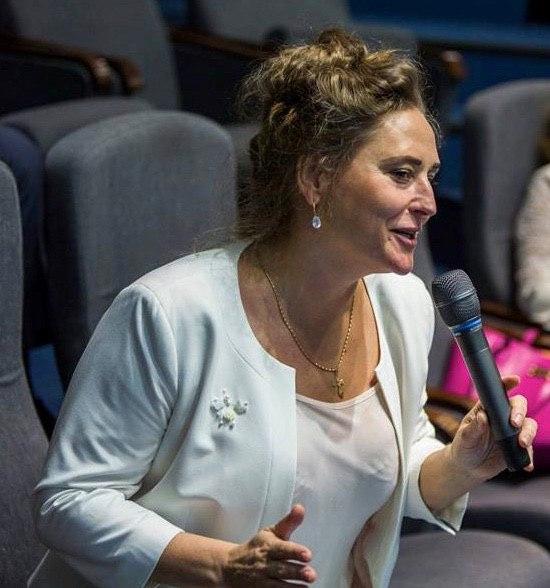
The bill № 3131-D – it is part of a general measure that are designed to make all parts of the agricultural sector legal. In particular, to fight against manipulations, as a result of which the value added tax (VAT) is returned from the state budget of the exporter, which was not actually paid; shady tillage; illegal sale of agricultural products.
Olga Bogdanova, a legal adviser to the chaiman of UAC, a practicing certified auditor, a partner of Crowe Erfolg Ukraine and Crowe A&A Ukraine (a member of Crowe Global), emphasized this during the webinar on this issue.
The expert explained the general concept of the bill and spoke in detail about its changes: yesterday the Verkhovna Rada Committee on Tax and Customs Policy supported the draft law №3131-D, which includes significant amendments to the basic bill.
"In general, there were several bills, but their strategic goal is the same - to control the minimum tax burden on 1 hectare of land. The ways were different, but in the end we have a bill 3131-D, which provides the following mechanism: the concept of ITO - introduced tax obligations" - Olga Bogdanova said.
ITO is the minimum payment that an agricultural producer must pay for the actual period of land use. ITO will have to be paid in 2022 based on the results of 2021. Taxpayers are owners or users of land who work directly on it and sell agricultural products. ITO will be equal to: NME* coefficient. Where NME is normative monetary evaluation of land. The size of the coefficient in the bill №3131 was proposed at the level of 5% of NME. However, in the end, it has changed significantly.
So, for SEI, it is planned to introduce a transition period of 2021-2022 years, if the rate of efficiency becomes 0%, so they shouldn’t pay this tax during next two years. After the end of the transition period, the rate for such businesses becomes 2% per NME.
For legal entities in 2022, the coefficient rate will be 2%, increasing annually to 4.5%, and will be fixed at this level.
At the same time, Olga Bogdanova said there are still many issues that need to be discussed, as a result of which additional changes may be made to the bill. And there will be time for that. After all, next week in the session hall the bill №3131-D will be considered only in the first reading. The second reading will take place no earlier than in the autumn.
Friday, 10 July 2020